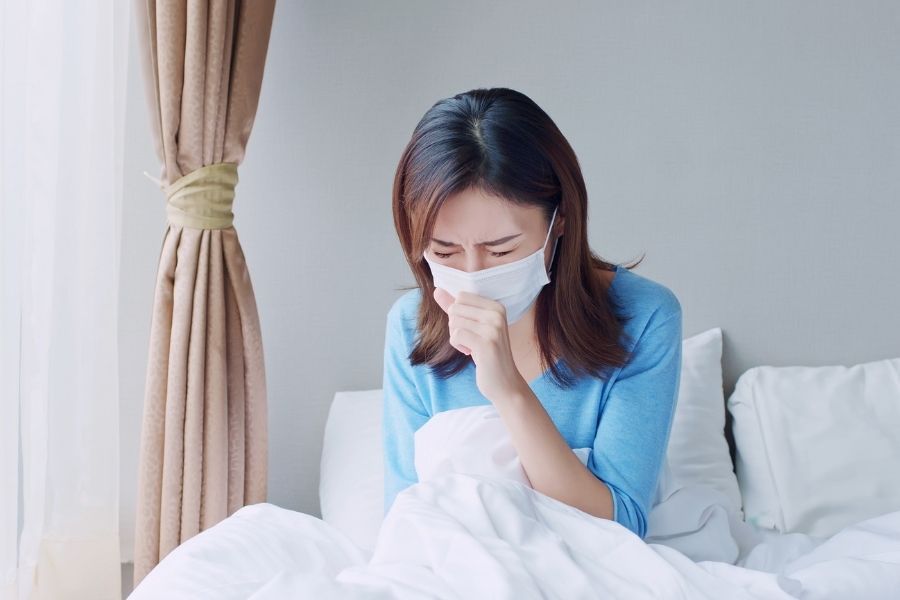
The cold is an infection caused by a virus and spreads easily from person to person. The most common symptoms of cold are cough and runny nose. Other common symptoms include nose block, sneezing, sore throat or watery eyes. A person who suffers from a cold would recover even without taking medicines.
Coughing is the body’s way of removing material that irritates your airway. Coughing also helps to remove excess phlegm from the lungs and upper airways. There are two main types of cough, productive or non-productive cough. A productive cough is a cough that produces phlegm whereas a non-productive cough does not produce phlegm.
A productive cough can be caused by:
- An infection by a virus or bacteria
- Chronic obstructive lung disease (a lung disease that makes it harder to breathe over time)
- Gastroesophageal Reflux Disease (a condition where the stomach acid travels back up to the esophagus)
- Nasal discharge draining down the back of the throat
- Smoking or other tobacco use
A non-productive cough can be caused by:
- An infection by a virus
- The tightening of your airways
- Allergies
- Medicines such as Enalapril, Lisinopril or Captopril
What you can do
Your cold symptoms should get better after a few days. You can speed up your recovery by
- Making sure you have enough fluid (at least 8 glasses a day)
- Having enough rest and reducing your stress
- Maintaining good personal hygiene, with regular hand washing and daily baths
You can prevent the cold by
- Washing your hand often with soap and water
- Handling food with clean hands
- Eating a healthy diet including fruits and vegetables
- Getting enough sleep
When to see a doctor
Adult:
- If your symptoms last for more than 1 week
- If you have a runny nose with a very bad headache or have pain around your cheek area
- If you have runny nose accompanied by ear pain
- If you have blood in your phlegm or your phlegm is green in color
- If you develop more serious symptoms such as tremors, high fever, neck stiffness, vomiting, abdominal pain, difficulty breathing, chest pain, confusion
Children:
Children less than 2 years old should see a doctor if they develop any cold symptoms.
Updated in Nov 2018
This article does not take the place of talking to your doctor or pharmacist. People with special health needs such as babies, children below 12 year old, elderly and pregnant ladies should see a doctor instead of self-treatment. Always read the instructions and warnings on the package before taking any medicine.
.png)



















































